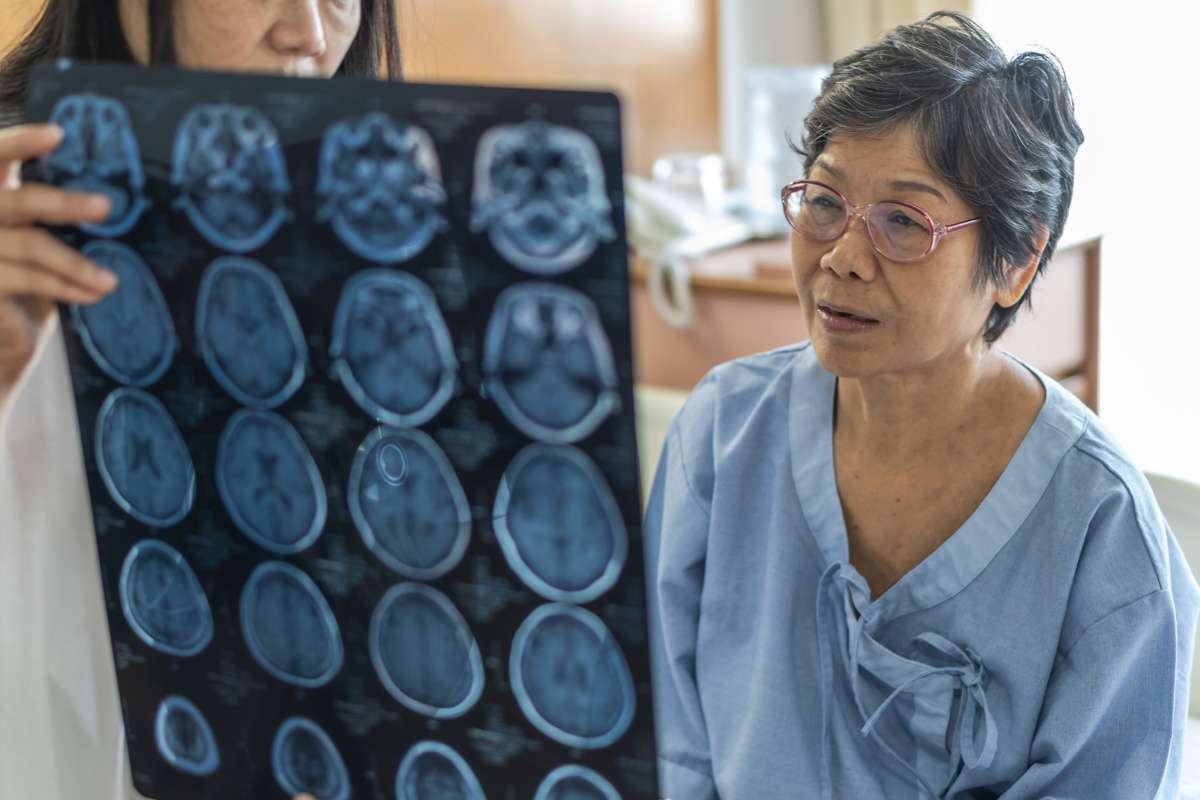Early Detection of Alzheimer’s: The Sooner You Know, the More You Can Do
Alzheimer’s doesn’t happen overnight. The signs can start years before a diagnosis — and catching it early can make all the difference. Early detection can help slow the progression, protect independence, and give families the gift of time and clarity.

Is It Just Forgetfulness or Something More?
As we age, occasional forgetfulness is normal. However, when memory loss begins to interfere with daily life, it may be a sign of something more serious. Alzheimer’s-related memory changes typically include forgetting recently learned information, important dates or events, and asking the same questions repeatedly. Unlike normal age-related forgetfulness, these memory lapses are persistent and worsen over time.
Why Early Detection of Alzheimer’s Is Absolutely Critical
Early detection of Alzheimer’s is crucial for several reasons. Firstly, it allows for timely intervention and treatment, which can help slow the progression of the disease. Secondly, it gives individuals and their families more time to plan for the future, make important decisions, and arrange for care. Early diagnosis also provides opportunities to participate in clinical trials and access support services that can improve quality of life.
Top 10 Early Warning Signs You Should Never Ignore
-
Memory loss that disrupts daily life
-
Challenges in planning or solving problems
-
Difficulty completing familiar tasks
-
Confusion with time or place
-
Trouble understanding visual images and spatial relationships
-
New problems with words in speaking or writing
-
Misplacing things and losing the ability to retrace steps
-
Decreased or poor judgment
-
Withdrawal from work or social activities
-
Changes in mood and personality
Recognizing these signs early can lead to prompt medical evaluation and potential interventions that may help maintain cognitive function for a longer period.
Modern Tests That Make Diagnosis Easier Than Ever
Advancements in medical technology have made diagnosing Alzheimer’s disease more accurate and accessible. Some of the modern diagnostic tools include:
-
Cognitive assessments: Standardized tests to evaluate memory, thinking, and problem-solving skills.
-
Brain imaging: MRI and PET scans can reveal structural changes and abnormal protein deposits in the brain.
-
Biomarker tests: Blood and cerebrospinal fluid tests can detect specific proteins associated with Alzheimer’s.
-
Genetic testing: While not diagnostic, it can help identify individuals at higher risk.
These tests, combined with a thorough medical history and physical examination, allow healthcare providers to diagnose Alzheimer’s with greater precision than ever before.
Real Stories: Catching Alzheimer’s Early and Making Positive Changes
Many individuals who received an early Alzheimer’s diagnosis have been able to make positive lifestyle changes that significantly impacted their quality of life. For example, Sarah, a 62-year-old teacher, noticed she was having difficulty remembering her students’ names. After an early diagnosis, she started a rigorous exercise routine, adopted a Mediterranean diet, and engaged in cognitive training exercises. Two years later, her symptoms have progressed much slower than initially expected.
Another inspiring story is that of John, a 70-year-old retiree, who was diagnosed with early-stage Alzheimer’s after his family noticed he was getting lost while driving in familiar areas. John immediately began medication, joined a support group, and started volunteering at a local community center. These actions not only helped slow his cognitive decline but also improved his overall well-being and sense of purpose.
How Early Detection Can Impact Treatment and Care Options
Early detection of Alzheimer’s disease opens up a wider range of treatment and care options. While there is no cure for Alzheimer’s, early intervention can significantly impact the course of the disease and quality of life for those affected.
| Treatment Option | Benefits | Best When Started |
|---|---|---|
| Medications | Can temporarily improve symptoms or slow progression | As early as possible after diagnosis |
| Cognitive Stimulation | May help maintain mental function | Early stages of the disease |
| Lifestyle Modifications | Can potentially slow cognitive decline | As soon as risk is identified |
| Clinical Trials | Access to cutting-edge treatments | Often limited to early-stage patients |
| Care Planning | Allows for better long-term preparation | Immediately upon diagnosis |
Prices, rates, or cost estimates mentioned in this article are based on the latest available information but may change over time. Independent research is advised before making financial decisions.
Early detection of Alzheimer’s disease is a powerful tool in the fight against this challenging condition. By recognizing the signs early, seeking prompt medical attention, and taking advantage of modern diagnostic techniques, individuals and their families can better prepare for the journey ahead. Whether through medication, lifestyle changes, or participation in clinical trials, early detection opens doors to interventions that can significantly improve quality of life and potentially slow the progression of the disease. Remember, when it comes to Alzheimer’s, the sooner you know, the more you can do to maintain independence and cherish precious moments with loved ones.
This article is for informational purposes only and should not be considered medical advice. Please consult a qualified healthcare professional for personalized guidance and treatment.




